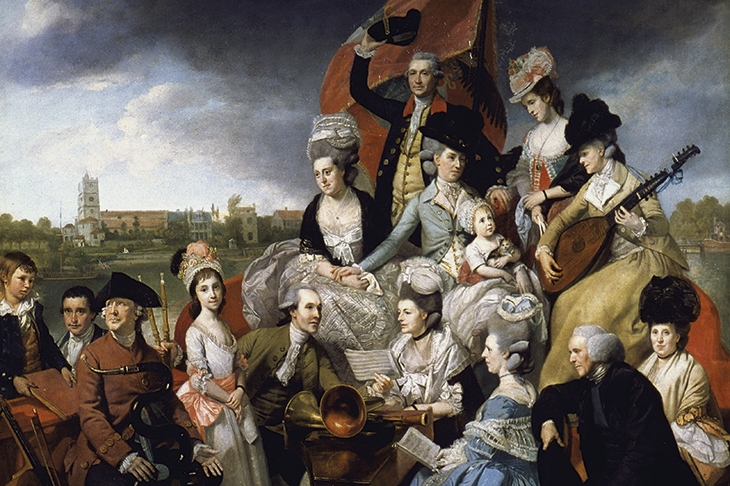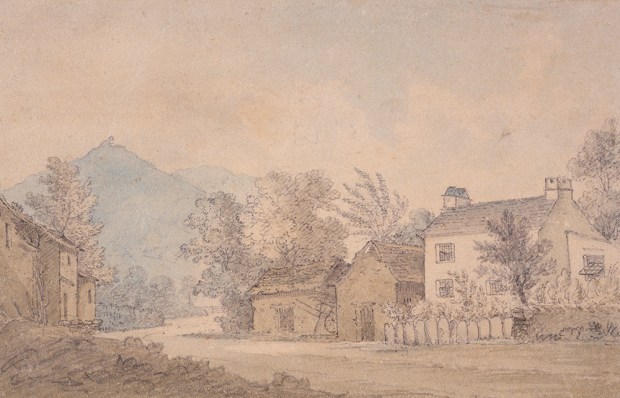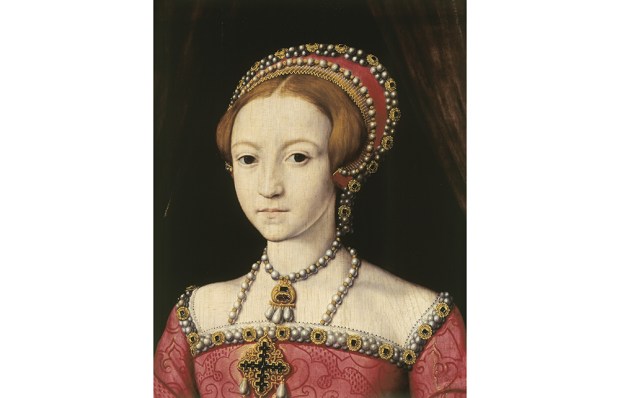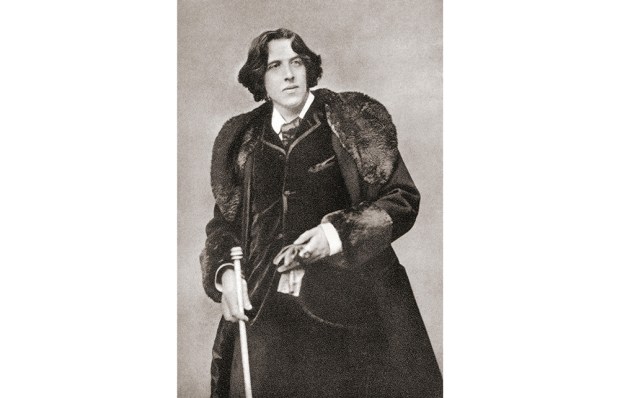Who would imagine that Johann Zoffany’s celebrated 1780 depiction of the extensive Sharp family happily making music on their pleasure barge could be parsed so deftly into a portrait of an age? Or that Hester Grant, embarking upon her research, could have foreseen how topical Granville Sharp’s determined champaign against slavery would seem at the present moment? Or that his surgeon brother William’s new-fangled passion for ‘variolation’ or vaccination (against smallpox in those days) should strike such a chord today? What a family, and what an age: the seven Sharp siblings not only helped refashion the 18th-century world around them, as the subtitle of Grant’s book suggests, but the causes that engaged them then are hardly less resonant some 250 years later.
Zoffany’s painting was commissioned to celebrate the high-water mark of the Sharps’ ascendance to prominence. Four brothers and three sisters, with their progeny, are gathered around a harpsichord on board the Apollo on the upper reaches of the Thames, each with their chosen instrument to hand. Along with canal holidays, musical boating parties were one of the Sharps’ signature innovations, and they would regularly be seen and heard gaily cruising along the Thames, hoovering up local dignitaries and even royalty along the way to share their lavish entertainments. Yet, as we see, they adroitly managed to navigate the very highest rungs of society while pursuing the reformist agenda they all shared. It took social skills of considerable sophistication to bring off such a delicate balancing act.
For reformers they were, and this is the nub of the story. The Sharps’ unusual closeness as a family underpinned a radical and freethinking world view that looked way beyond the conventions of their time and class. And though genteel — their father was a cleric in Rothbury and Durham — none started out with financial advantage. What success they achieved was won by vision and determination.
The eldest brother, John, ordained into the Church, would gradually construct a miniature welfare state in his living at Bamburgh Castle, where a wild stretch of Northumbrian coastline, menaced by storms and shipwrecks, could now offer a school, a library, subsidised food and coal, an infirmary and rural dispensary (the first), midwifery services, inoculation and even electric shock treatment for those brave or fool-hardy enough to submit to it. More innovative still, John commissioned the first lifeboat in service, a coastline patrol and warning gun, and offered rescued sailors bed, board and help in getting back on the road.
Down in London, William’s charm and surgical proficiency attracted the patronage of George III and the higher echelons of the aristocracy, and his musical soirées and boating parties featured some of the leading performers of the day. But he never let the high life blind him to the needs of the poor: his daily free surgery was an attempt to reconcile his success and good fortune with the destitution he saw about him.
His younger brother, James, advanced from a lowly apprenticeship in ironmongery to become a pioneer of the industrial and agricultural revolutions. There was no end to his inventions and ingenuity, and his vision of an interconnected canal system, though ultimately thwarted, might have transformed Britain’s transport system.
And Granville was roused to a lifetime of campaigning by his chance encounter with the pitiable figure of the former slave Jonathan Strong, in line for William’s free surgery. His espousal of Strong’s case against his master, and subsequently his game-changing defences of Thomas Lewis and James Somerset — in which Granville, self-trained in the law, became the scourge of the formidable chief justice, Lord Mansfield — made for gripping courtroom drama and turned the tide in the abolitionists’ favour.
If the brothers’ philanthropic pursuits were remarkable, their sisters pushed the boundaries too, if on a quieter stage. Options were, of course, more limited, but they emerge from this sympathetic account as women to be reckoned with.
As the siblings’ lives interweave and interconnect — they certainly knew how to put on a good party — one marvels at the harmony of their relations. Many large families are riven with petty feuds, jealousies and grudges; not the Sharps, whose setbacks came in the form of the tragic deaths of children: few of the original boating party survived into the next century.
But this is an account of lives fulfilled and well-lived, narrated with exceptional insight, warmth and humour. Grant conjures the texture and bustle of daily lives in vivid, imaginative vignettes that track the siblings at work and play, and one closes the book with a sharp pang of regret, along with real affection and admiration for its protagonists.
Got something to add? Join the discussion and comment below.
Get 10 issues for just $10
Subscribe to The Spectator Australia today for the next 10 magazine issues, plus full online access, for just $10.
You might disagree with half of it, but you’ll enjoy reading all of it. Try your first month for free, then just $2 a week for the remainder of your first year.














Comments
Don't miss out
Join the conversation with other Spectator Australia readers. Subscribe to leave a comment.
SUBSCRIBEAlready a subscriber? Log in